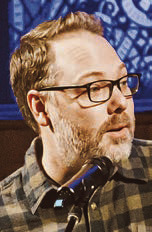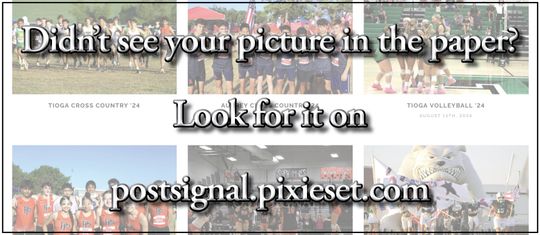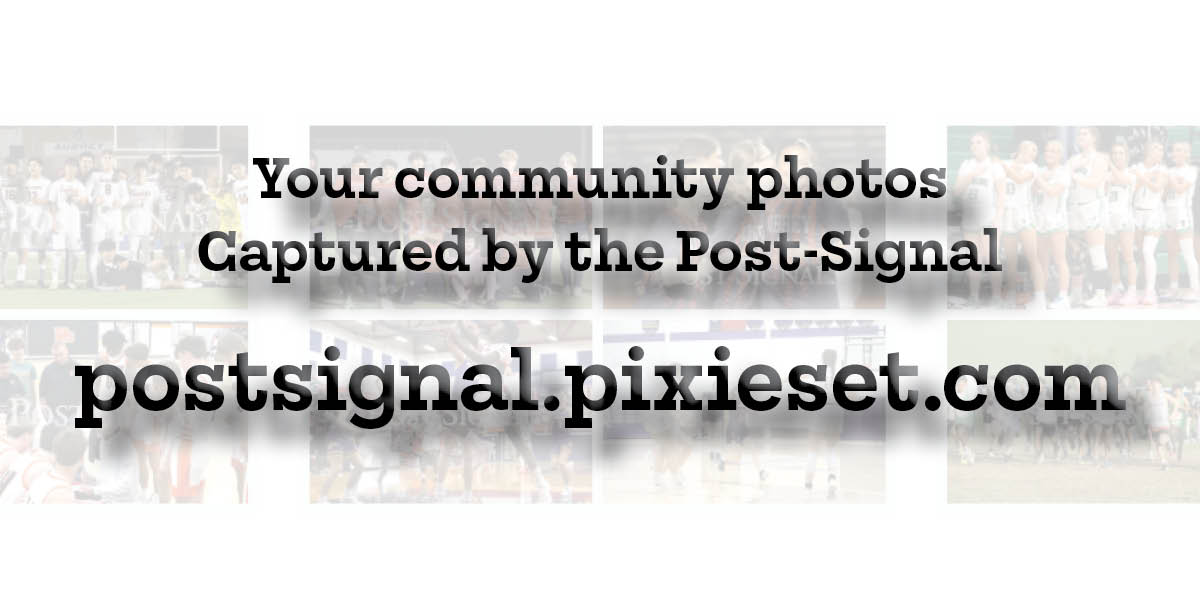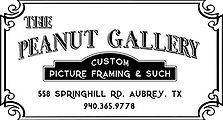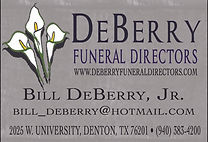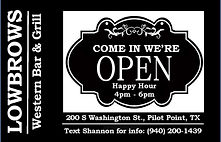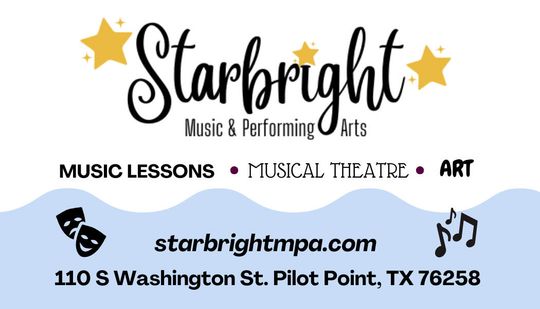OPINION
We live in an age of hottakes, echo chambers, and sensationalized headlines, which are aided in part by the 24-hour news cycle.
Readers can merely scroll through their newsfeed and feel as if they have a broad understanding of the world around them without fully understanding the complex mechanism behind the process.
Ignorance is bliss, as they say.
Yet, our combined ignorance is leading to a rending of the social fabric, which has a cascading effect upon communities.
The prophet Hosea noted, “my people are destroyed from a lack of knowledge” (Hosea 4:6, NIV). While Hosea’s context differed from ours, a simple principle can be gleaned from his ancient warning: Ignorance of the truth will lead to destruction.
A complicating factor is the concept known as the Dunning-Kruger Effect.
A simplified explanation of this concept states that people with limited knowledge overestimate their knowledge-base, while those more competent underestimate their relative understanding since they are aware of the subtleties, nuances and complexities of their field of study.
This is why you find yourself at a holiday gathering with distant cousins, aunts, uncles, nieces and nephews who spout the most insane theories as if they were facts.
Their newsfeeds are most likely filled by algorithmically filtered information confirming their biases.
Their worldview has been reinforced with false and biased information that helps them feel confident in their ignorance.
After all, I saw a video of a person ranting passionately in their driver’s seat with hundreds of thousands of followers.
They can’t all be wrong—can they?
I have spent countless hours refuting people who suffer from the Dunning-Kruger Effect, researching information, providing clear and nuanced explanations, citing my sources, and ensuring credibility across the board.
The results are either the person rejecting my sources because their sources are better (people ranting in cars vs. rigorous academic research) or setting aside my response because it takes too long to dig through the information I provided.
Now, I am not suggesting I am absolutely right; I could most certainly be wrong.
The issue is the rejection of scholarly research and intellectual debate. This is not an appeal to authority but an invitation to intellectual engagement. We must recognize that we are not suffi ciently informed on a topic because we read a headline or because we watched someone’s hot-take.
Headlines and Hot-Takes are designed to undergird your bias and promote engagement (clicks, likes, follows, shares, etc.).
Information that makes your blood boil should cause you to stop and dig deeper, read opposing views, steelman the other position, approaching the topic with grace and humility instead of self-righteous hubris.
Where does that leave us?
Well, we have established that we cannot easily break someone out of their own bias.
So, maybe we heed Jesus’ wisdom to take the plank out of our own eye before we try to take the speck out of someone else’s (Matthew 7:3-5).
In other words, focus on your own ignorance, failures and biases before you try to fix everyone else’s.
Heed Hosea’s warning: We are ignorant, and without addressing that ignorance, we are doomed to the consequences of our own ignorance.
Identify your biases.
If you find yourself on a certain side of the political spectrum, then research the biases that come along with it.
Find neutral or bi-partisan, long-form media that intentionally engages with broader information.
Avoid doom-scrolling. Set a personal boundary for how much time you will spend scrolling through the endless feeds of social media.
And, finally, my kids’ favorite phrase: Touch Grass!
This means, get outside.
Literally.
Put the phone down, step away from the TV, computer, technology and engage with the organic world around you.
Talk to real people.
Go grab a coffee with a friend and talk to them about their perspectives.
Listen, actually listen, before you respond.
Take a breath. Smile. It can feel awkward at first, but this is what learning feels like.
Enjoy it.
Steve Stanley is a Providence Village resident with a doctorate in ministerial leadership. He can be reached at stevestanleyacoustic@ gmail.com.
